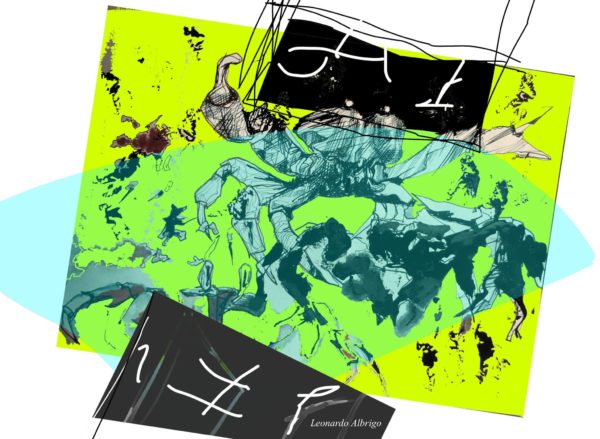Delia Popa & Iaan Reynolds
Delia Popa: Villanova University (delia.popa@villanova.edu);
Iaan Reynolds: Villanova University (christiaan.reynolds@villanova.edu)

Abstract: Beginning with Freud’s treatment of identification as an ambivalent process, we explore identification’s polarization between narcissistic idealization and melancholic division. While narcissistic identification can be seen as a strategy adopted by the ego to avoid the educational development of its drives and to maintain itself either in whole or in part in an infantile state, melancholic identification activates a tension between the ego-ideal and the real ego at the expense of the latter. After discussing the ambivalence of identification, we review Freud’s discussion of mass formations as group identifications, arguing that the work of facilitating a productive sublimation of the drives cannot be reduced to a strengthening of the artificial masses represented by social institutions such as the church and the educational system. Instead, the difference between mass formations allowing for collective sublimation and those suffering from narcissistic or melancholic blockages must be found in the productive qualities of the mass itself. In closing, we outline a few ways in which we might begin to understand the political contribution of masses to the maturation of
human drives.
Keywords: Freud; Mass Psychology; Identification; Sublimation.

 invio in corso...
invio in corso...